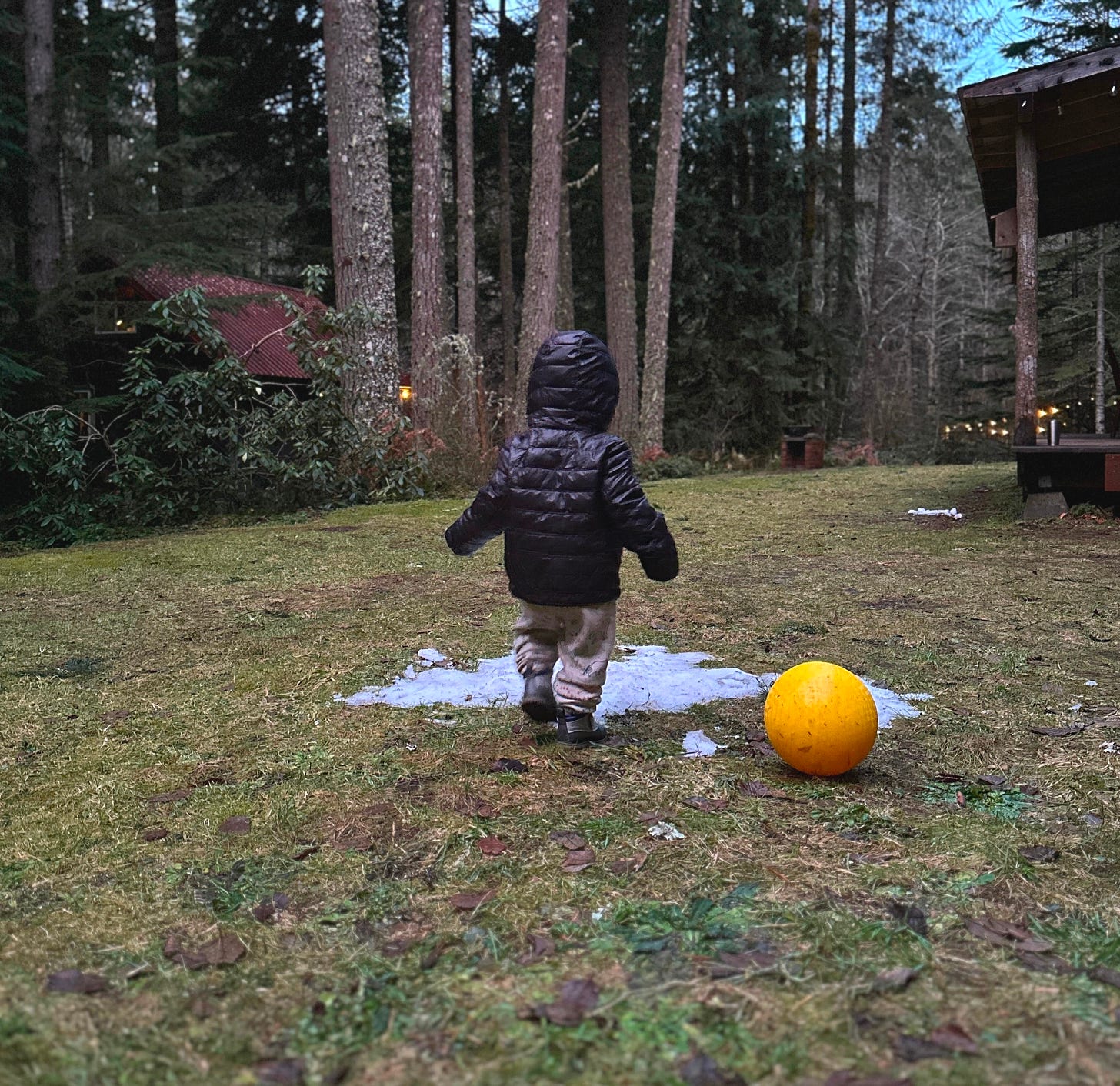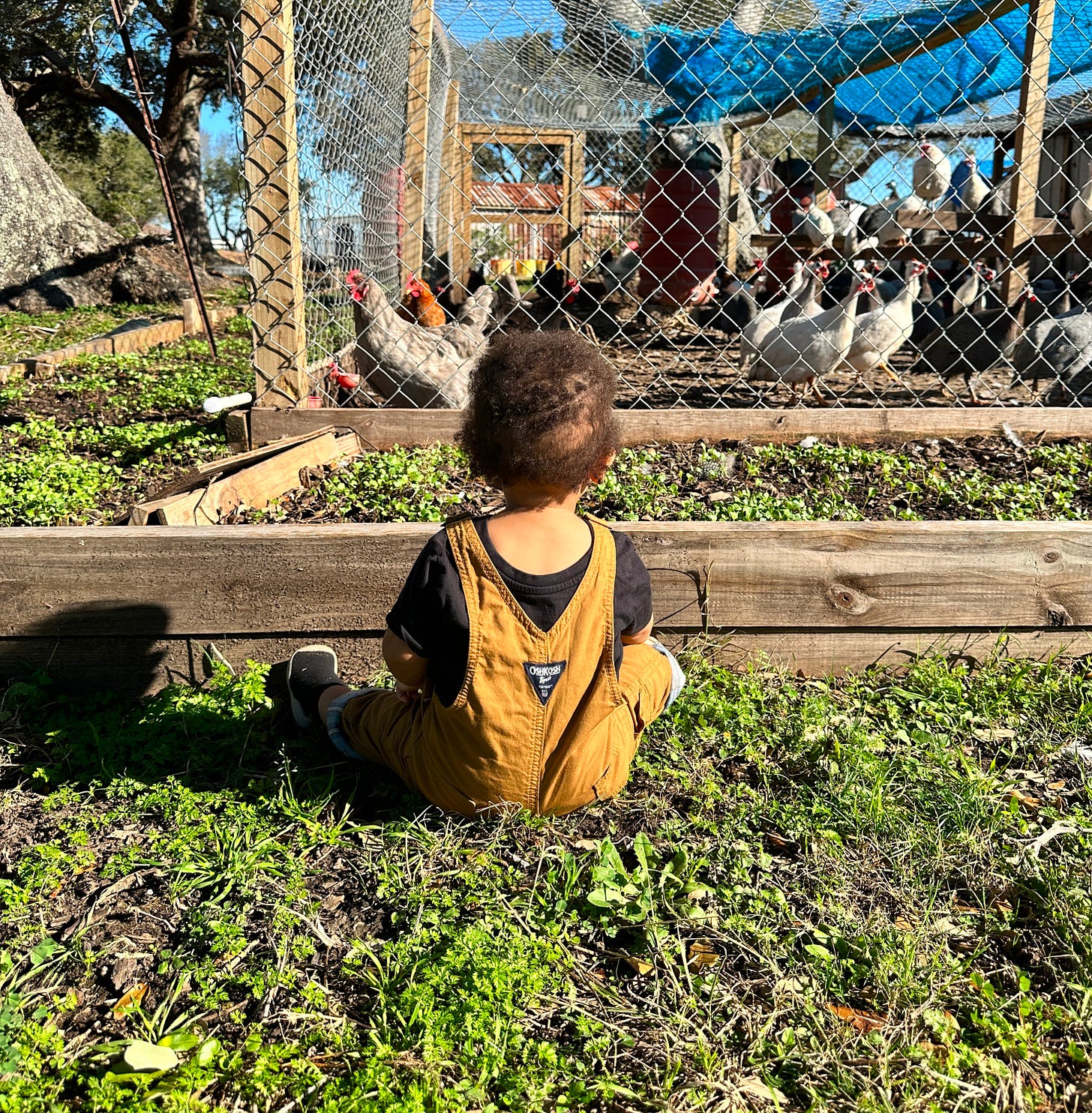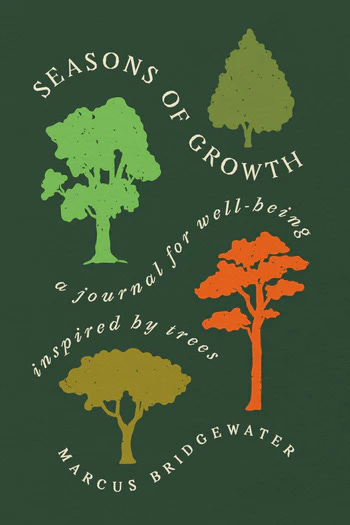No matter where we went with my newborn son, there was one word people would always use to describe him:
Alert.
Friends and strangers alike commented on how present he was. He shocked people with direct eye contact from a young age and seemed to closely watch everything that passed him by.
Around the one year mark, people began asking us if he had said his first word. At this time, he was walking with confidence and beginning to create two-legged chaos in his exploration of the world. He had been using a potty daily since he was three weeks old. He babbled and vocalized, showing many signs of a bright little boy, but he had not said a word.
Months passed, and we could see that he understood the words we used: Milk, food, potty, mommy, daddy. He loved to bring a book to us while we worked, demanding we stop what we’re doing and read to him. His interest in books and being read to grew everyday, and we began making our way through our collection of picture books.
If we said: “Can you go get your doggie?” He would run and fetch his plush pup, showing us he heard us, had a clear understanding of what “doggie” meant, and that he could follow a simple request.
But still he did not speak.
We consulted with our pediatrician who confirmed what we already believed: Everything seemed normal, he just didn’t seem to care for speaking. He said there was no reason to have concern unless we stopped seeing progress in his language development.
Sometime after that visit, his language development surged.
Around 16-months, he started using sign language at an unanticipated pace. We had been encouraging him to use the signs for “potty,” “milk,” “food,” and “more,” for what felt like a long time by this point, and then he started putting them into action. His sign language vocabulary seemed to explode as he added “water,” “play,” “shoes,” “hat,” “ball,” into the mix, and then “apple,” “banana,” “please,” and “sorry.”
Earlier this week (today he is 19-months, for reference), he struggled to take the cap off a marker while sitting with my wife. He put the marker down and signed for “help,” indicating to us not only that he knows the sign for help, but also what it means and how to ask for it.
Preorder my children’s picture book SEE MARCUS GROW! It’s available everywhere books are sold and debuts May 6, 2025
He loves to moo when he sees a video of a cow or meow upon seeing a cat in a book. He knows how to make sounds, and mimics us when we practice speaking with him, but he prefers to sign when it comes to communicating.
Has he said his first word?
Technically, he has said “dada” out loud, but not without being asked to do so. If he is asking about me, he’ll sign. Last week, I asked if he wanted pasta, one of his beloved foods, and he immediately said “pad-ta" with a smile, his attempt at the word. He caught us off guard with the quickness and closeness to the proper word. He can say “mama;” he just won’t do it often.
It’s easy to feel like we need to be defensive when people ask us if he’s talking yet. No, he’s not really talking, although he can speak, but there’s no question that he is communicating.
Far too often we compare our children as if growing up is a race, acting as though development doesn’t vary between them or that intelligence isn’t found in more places than just the benchmarks. I think we not only limit our children when we do this kind of comparing, but we limit our own appreciation and thereby the gratitude we show for the growth we do see.
Similarly, in a time when our lives are increasingly standardized, we can forget that parenting was not meant to be an automated activity. Every child is different, and it’s our job to adjust our care of them as needed.
We’re not opposed to speech therapy or any intervention in the future, but for now, we’re proud to watch his communication skills grow along with his vocabulary.
If your child isn’t “like the others,” I hope you remember that like my son, your child is unique. What works for one child may not work for yours. I’m reminded of something my plants taught me years ago:
“We can’t make anything grow, but we can foster environments where things want to grow.”
Remember — growth must be nurtured, not forced.
Preorder my children’s picture book SEE MARCUS GROW! It’s available everywhere books are sold and debuts May 6, 2025!
Read my personal growth book inspired my plants HOW TO GROW: NURTURE YOUR GARDEN, NURTURE YOURSELF
Check out my guided journal SEASONS OF GROWTH: A JOURNAL FOR WELL-BEING INSPIRED BY TREES
Book me as a speaker for your next event! I’m experienced in speaking for corporate events, conferences, schools, universities, nonprofits, and more.









My daughter did not walk until 19 months, speak until 22 months. When she was ready, she ran and spoke both English and Italian equally. Love this: "We can’t make anything grow, but we can foster environments where things want to grow.” 💕💕💕
I really appreciate the way you give language to compassion, specifically on growth. I am reminded to soften, yet again. Thank you. Also I feel inspired that you are fostering your son’s choice to communicate in the ways that honor him, his needs and his timing. He sounds like quite the deep observer and what a gift it is for him to be however and whoever he is as he learns to be in this world he’s taking in one moment at a time. Beautiful.